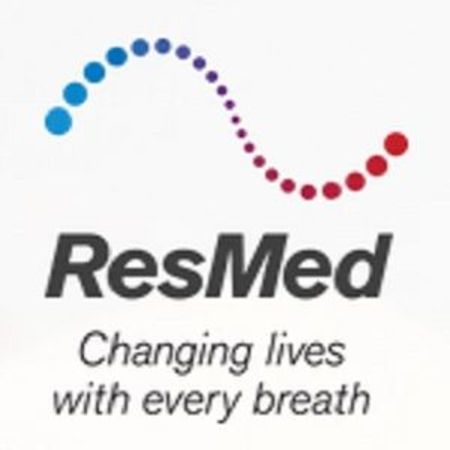- Study Did Not Meet Primary Endpoint
- Safety Signal of Increased Cardiovascular Mortality Found for ASV Therapy in People with Predominant Central Sleep Apnoea and Symptomatic Chronic Heart Failure
- Results and Safety Signal Observed Only in This Specific Study Population
The study did not show a statistically significant difference between patients randomised to ASV therapy and those in the control group in the primary endpoint of time to all-cause mortality or unplanned hospitalisation for worsening heart failure (based on a hazard ratio [HR] = 1.136, 95 percent confidence interval [95% CI] = (0.974, 1.325), p-value = 0.104). The results from SERVE-HF are preliminary and will be submitted for future publication after further analysis.
A preliminary analysis of the data identified a statistically significant 2.5 percent absolute increased risk of cardiovascular mortality for those patients in the trial who received ASV therapy per year compared to those in the control group. In the study, the cardiovascular mortality rate in the ASV group was 10 percent per year compared to 7.5 percent per year in the control group. There were no issues associated with the performance of the ASV therapy device in the trial.
"Patient safety is our first and foremost priority. We have alerted and are working with appropriate global regulatory authorities about the safety signal observed in this study," said Glenn Richards, MD, ResMed Chief Medical Officer. "The safety signal in SERVE-HF was observed only with the use of ASV therapy in people who have predominant central sleep apnoea and symptomatic chronic heart failure with reduced ejection fraction. We are further analysing the data to understand why this unexpected result was observed in this trial."
ResMed is working with global regulatory authorities to proactively revise the labels and instructions for use for ResMed ASV devices to include a contraindication for people with symptomatic chronic heart failure (with left ventricular ejection fraction, LVEF, less than or equal to 45 percent). The company is also proactively informing healthcare providers, physicians, and patients of the cardiovascular safety signal observed in SERVE-HF.
The safety signal observed in SERVE-HF was observed only with ASV therapy in patients with moderate to severe predominant central sleep apnoea and symptomatic chronic heart failure with reduced ejection fraction. The study did not include people with central sleep apnoea in the absence of heart failure. It is also important to note that SERVE-HF did not include any patients with predominant obstructive sleep apnoea, and did not include any other treatment modality such as continuous positive airway pressure (CPAP) or auto-adjusting positive airway pressure (APAP).
"SERVE-HF did not meet its primary endpoint, however this study provides valuable, practice-changing guidance on how to best care for people with chronic heart failure," said Prof. Martin Cowie, MD, the co-principal investigator of the study and Professor of Cardiology at Imperial College, London. "SERVE-HF was a well-designed and executed study and because of it we now know that ASV therapy should not be used to treat central sleep apnoea in people with symptomatic chronic heart failure with reduced ejection fraction."
Healthcare providers and patients who have questions or would like more information are encouraged to call 1-800-478-9010 and visit www.SERVE-HFFAQs.com
Source and image credit: ResMed
Latest Articles
healthmanagement, ResMed, SERVE-HF study, chronic heart failure, sleep apnoea, ventilation
ResMed (NYSE: RMD) has announced that SERVE-HF, a multinational, multicentre, randomised controlled Phase III trial did not meet its primary endpoint.


























